Smoking irritates your lungs. That’s why smokers cough.
Not all smokers have a chronic cough, though. People who have been smoking for a long time are the most likely to develop smoker’s cough or sore throat from smoking.
Specifically, about a third of smokers don’t have a cough or other respiratory symptoms related to smoking. But even these smokers undergo changes in their lungs.
What is Smokers Cough
Smokers cough is the cough that develops in smokers and lasts for more than two or three weeks. This cough can develop while smoking or after quitting smoking.
Smoker’s Cough Symptoms
If you have smokers cough you probably experience:
- Frequent cough
- Sore throat
- Shortness of breath
- Coughing up phlegm or mucus
- Wheezing
- Chest pain
What Causes Smokers Cough
Mucus
The lungs become irritated and inflamed when they’re regularly exposed to smoke. The extent of irritation varies from one smoker to another, in part depending on the amount of smoking.
There’s a substance called mucus that’s formed by the cells lining the respiratory passages. It’s a slippery fluid that has some important functions. Mucus (or phlegm) protects lung tissue, it has a moisturizing effect and it traps irritants, like dust or smoke particles.
Each time you smoke, you inhale irritating particles. In response, the cells that make mucus grow larger and increase in number. They make more mucus, and it’s thicker than usual. This thicker mucus is harder to cough up so it gets stored.
Mucus clogs up your airways, which contributes to smokers cough.
Cilia
Cigarettes have a lot of other ingredients besides tobacco. When you light up, these ingredients can combine to form harmful chemical compounds. Formaldehyde is just one of these harmful byproducts.
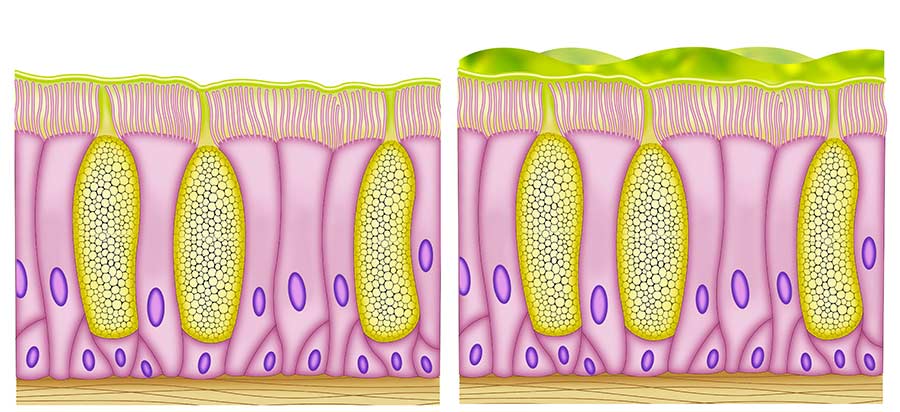
Inhaling formaldehyde and other chemicals can damage the very small hairs, called cilia, that line the airways. Cilia act like a broom, sweeping irritants out of the airways. They move back and forth in unison, hundreds of times a minute.
Movement of the cilia moves mucus upwards, towards the throat. Then it’s either swallowed back or coughed or spit out of the body.
Chemical exposure to the tobacco ingredients irritates and inflames the lungs. It also slows the sweeping action of cilia. And with repeated exposure to chemicals, some of the cilia are shortened or destroyed.
With fewer and slower cilia to clear the airways, and thicker mucus clogging them, smokers cough.
How the Damaged Cilia Affect your Lung Health
Smokers don’t just cough more than other people, they also get sick more often. They’re more likely to get colds and respiratory infections, like bronchitis and flu.
The symptoms are usually more severe in smokers and the illness lasts longer than it does in nonsmokers.
There are a number of reasons for this. One is that the cilia aren’t able to keep your airways clear of irritants. Another is that your immune system becomes less effective when you smoke, so your body has more difficulty fighting off infections.
And of course you know that smoking is linked to lung cancer. It’s the tar in cigarettes that’s the main cause of lung cancer.
The cilia help to remove tar from your lungs. If they’re damaged or reduced in number, they’re not able to remove as much tar so it can penetrate deeper into your lungs, and do more damage.
Coughing After Quitting Smoking
Although quitting smoking will improve your breathing, you may cough after you stop. Why?
The cilia begin to recover when you stop smoking. Recovery usually starts within 4 to 6 days of quitting, and it can continue for months. Eventually, most people regain normal cilia function.
As the cilia become more active, they can clear more mucus from your lungs.
As a result, you may find that you cough more often. In fact, you may cough more than you did when you were smoking.
This isn’t something to worry about. It’s actually a sign of recovery.
How Long Does Smokers Cough Last after Quitting?
The quit smoking cough can continue for a few months after you stop smoking.
In the beginning, the cough can be dry. Later on, you may start coughing up phlegm.
For most people, the coughing lasts only a month or two after quitting smoking. For some, though, it may last as long as 9 months.
What If You Don’t Cough After Quitting Smoking?
Some smokers don’t cough more after they quit. This isn’t something to worry about.
There are some smokers who develop a chronic cough, and there are some who don’t. There are some who experience quit smoking cough, and some who don’t. Our bodies are all different.
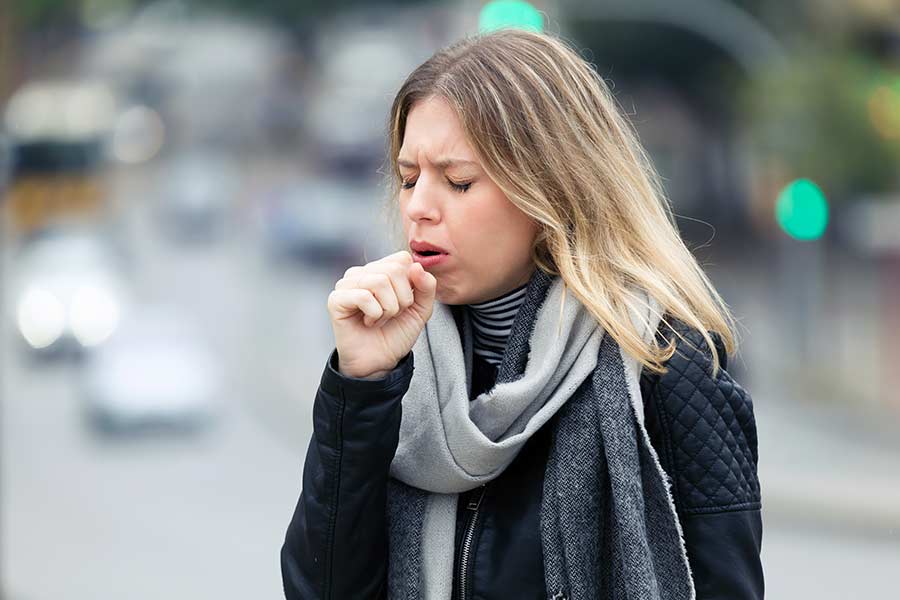
If you don’t cough more after you quit smoking, it means that the repair process is occurring more gradually. Or that the phlegm is coming up steadily, but in small amounts, so you don’t notice it.
You may find you need to clear your throat more often. That’s a way of removing mucus and phlegm, too.
Whether you cough or not, your cilia will regrow and regain their function if you stay away from smoking. And the irritants in your lungs will gradually be expelled from your body.
How to Get Rid of Smokers Cough
Coughing after quitting smoking helps to remove the irritants from your lungs, so it’s not a good idea to try to suppress it with cough medicines. But that doesn’t mean you need to be uncomfortable.
There are things you can do to soothe your sore throat and promote the healing process.
Even if you’re one of the people who isn’t coughing more after quitting, these suggestions can be useful for you, too. They all help to promote good health.
1. Watch What You Eat and Drink
To get rid of smokers cough, start by drinking lots of fluids so you stay hydrated. Water is the best choice, but tea and juices are good choices, too.
You can also try taking a spoonful of honey once or twice a day. Try putting it in your tea. Honey will coat the lining of your throat and soothe it.

It’s best to limit other sweets, though. Candy, cake, cookies and other foods that contain a lot of sugar can prompt your body to make more mucus.
So can dairy products like milk, cheese and yogurt. You’re trying to clear the mucus from your lungs, so it isn’t helpful to eat foods that increase mucus production.
2. Pay Attention to Air Quality
Stay away from people who are smoking! Breathing in secondhand smoke will irritate your lungs, and it can make it harder for you to keep from smoking yourself.
Try to avoid being around fires and wood smoke, too. Smoke of any kind is irritating to your lungs.
Limit your use of household cleaning products that contain ammonia or other strong chemicals. They’re also lung irritants.
A humidifier can be a good idea. If you live in a dry climate, or if your heating system dries out the air in your home, adding moisture to the air you breathe can make you more comfortable.
3. Get More Exercise
Physical activity is good for both your body and your mood. Exercise helps with cigarette cravings, too.
Be forewarned, though–it may make you cough more. That’s because it helps to loosen mucus lodged in your air passages. Coughing it up is helpful, not harmful.
4. Do Deep Breathing
Deep breathing is good for your lungs. It’s also a good way of relaxing and easing stress.
Learn some deep breathing exercises. They’re simple, don’t require any special equipment and don’t take long to do. You just learn to take deep, full breaths instead of the short, shallow breaths that most people take.
- Just sit upright in a chair with your feet flat on the floor. Or lie flat on your back on the floor or on your bed.
- Put one hand on your stomach, just above your belly button.
- Inhale slowly and deeply through your nose, with your mouth closed.
- Then exhale slowly. You should be able to feel your belly expand as you breathe in, and flatten as you breathe out.

When to See a Doctor for Your Cough
If coughing lasts longer than a few months, or if you’re concerned about it, visit your doctor for an examination.
There are some other smokers cough symptoms that should prompt a visit to your doctor. If you have difficulty breathing, cough up streaks of blood or find yourself wheezing, you need to let your doctor know.
Smokers have a risk of developing chronic obstructive pulmonary disease, usually called COPD. Emphysema is one form of COPD. It’s most likely to develop in people who’ve smoked heavily for many years.
The very small air sacs in the lungs, called alveoli, are damaged and destroyed in people with emphysema. The lungs take in oxygen and release carbon dioxide through the alveoli. When they’re destroyed, it becomes hard to get enough oxygen. The result is shortness of breath and difficulty breathing.
And smokers have a higher risk of lung cancer. That’s why it’s important to see your doctor if your cough doesn’t go away or if you have other symptoms.
If it turns out that you do have COPD, starting treatment early can help limit the damage to your lungs. And if you have lung cancer, the earlier you start treatment, the better.
Coughing can also be a sign of a respiratory tract infection. If you have a high fever, swollen glands in your neck, or a lot of green or yellow phlegm, you might have an infection. Call your doctor if you have any of these symptoms.
Quitting Smoking Improves Your Health
Your lungs start to heal as soon as you quit smoking. With time, irritation and inflammation decrease, mucus production declines and the cilia begin to regrow.
The longer you go without smoking, the more your lung function will improve. Your risk of lung cancer will drop, too.
So even though you may find yourself coughing after you quit, you’re doing something very beneficial for your health.
Coughing after stopping smoking is helping clear your lungs. Once the irritants are removed from your airways, you should find yourself breathing more easily and coughing much less.
As soon as you stop smoking, you start on a path to better health. Cough is just a temporary inconvenience as you walk that path.

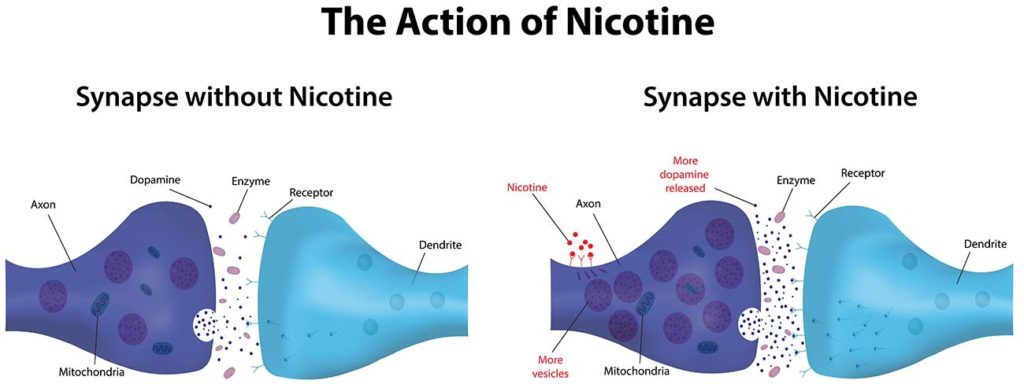
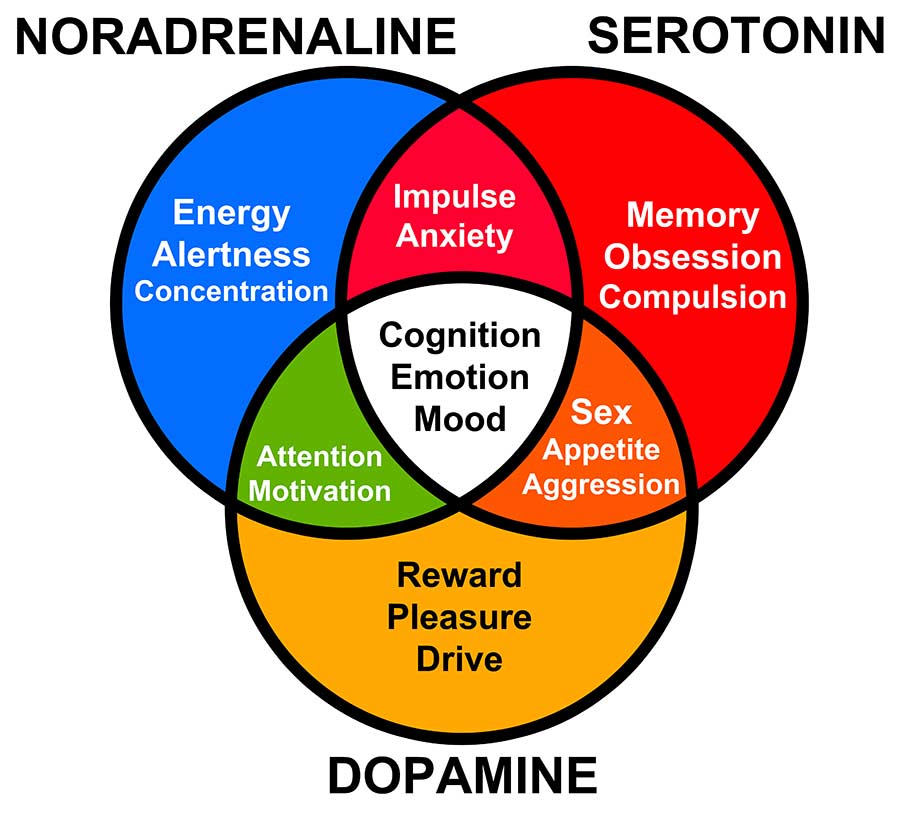










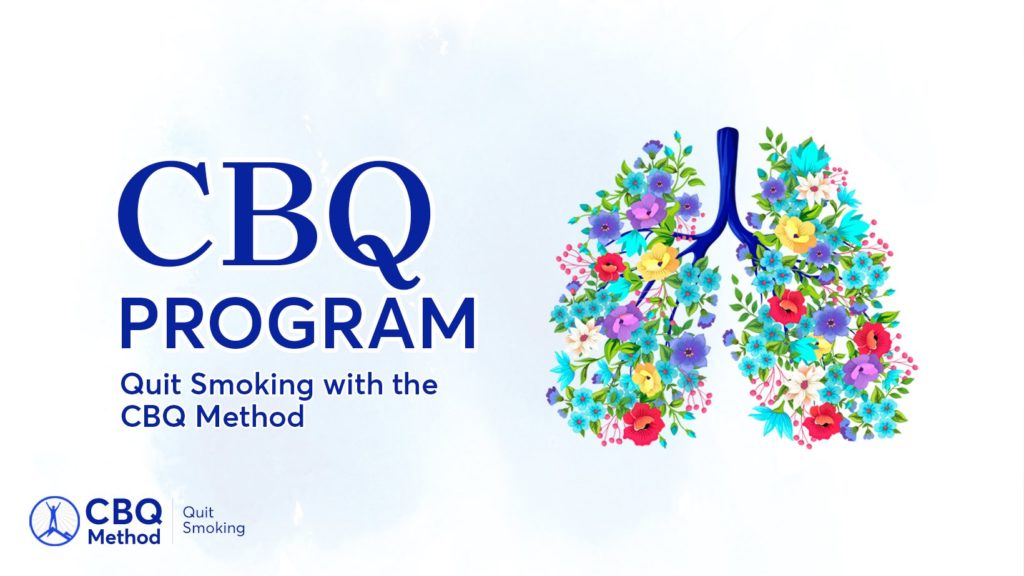




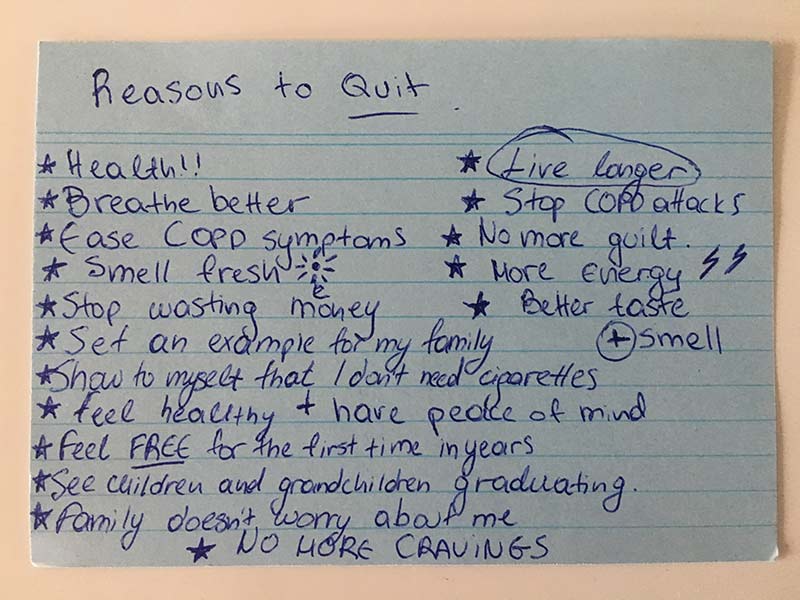
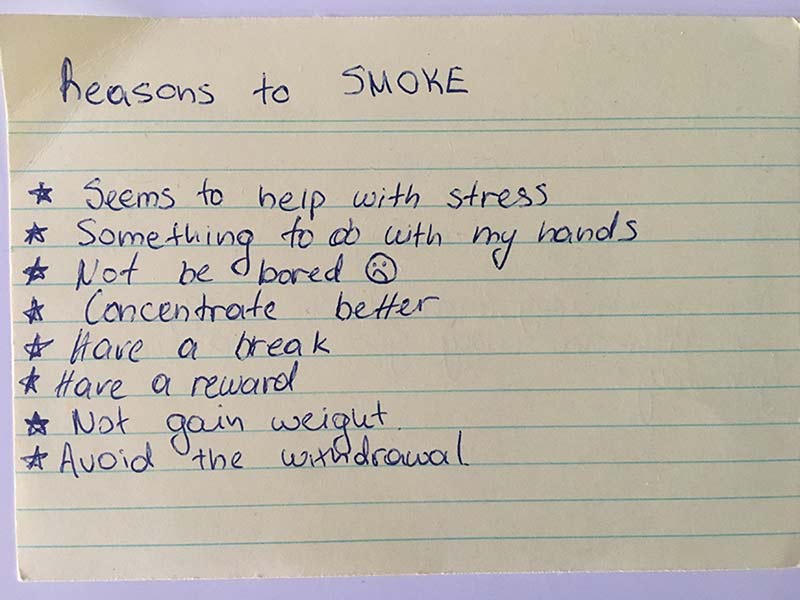



 Unfortunately, most people don’t believe there are such easy ways to quit smoking.
Unfortunately, most people don’t believe there are such easy ways to quit smoking.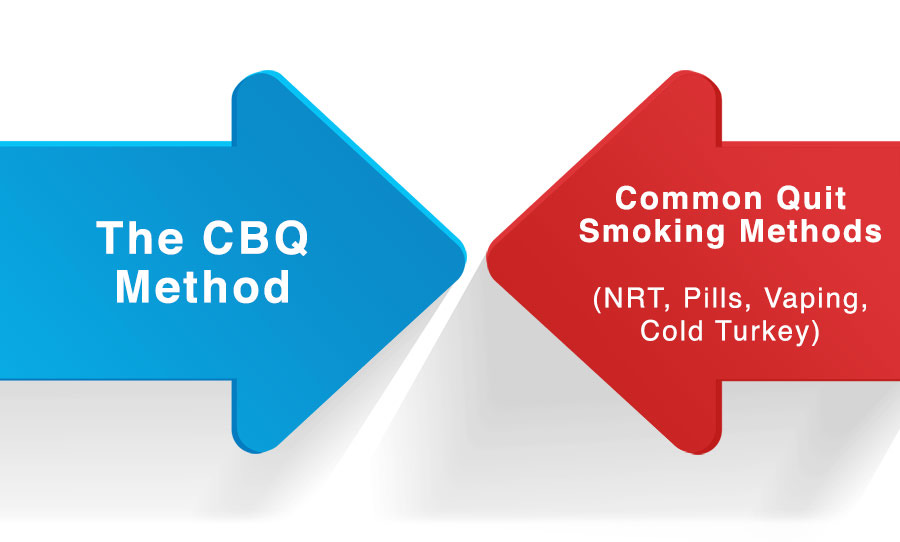
 Permanent
Permanent
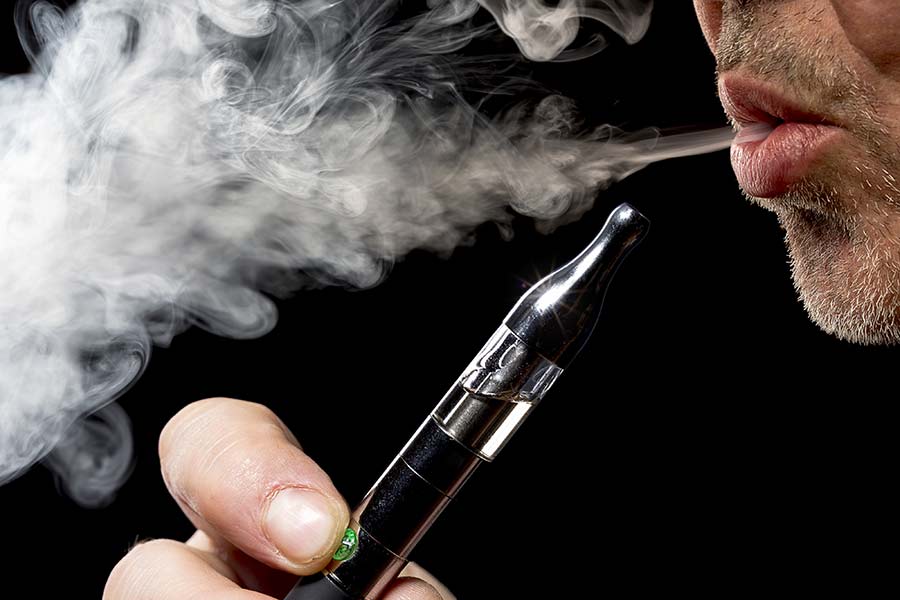







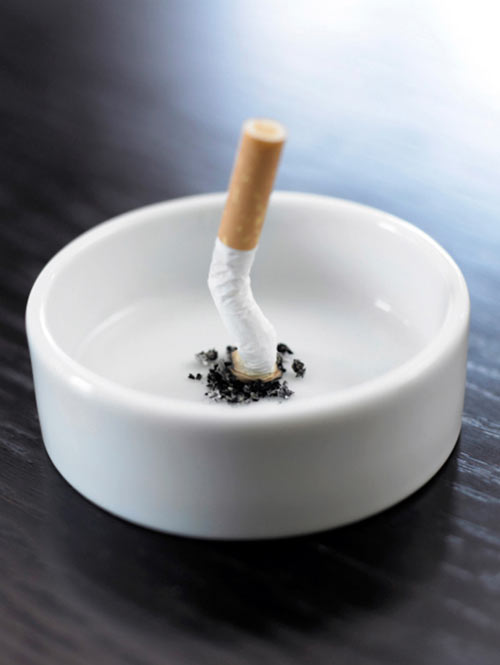 “When you said it was easy to quit, I have, to be honest; I doubted you. But it was just like you said. I smoked my last cigarette and immediately felt that I was done with smoking. Your method helped me get rid of this empty feeling I got when I had a craving.
“When you said it was easy to quit, I have, to be honest; I doubted you. But it was just like you said. I smoked my last cigarette and immediately felt that I was done with smoking. Your method helped me get rid of this empty feeling I got when I had a craving.